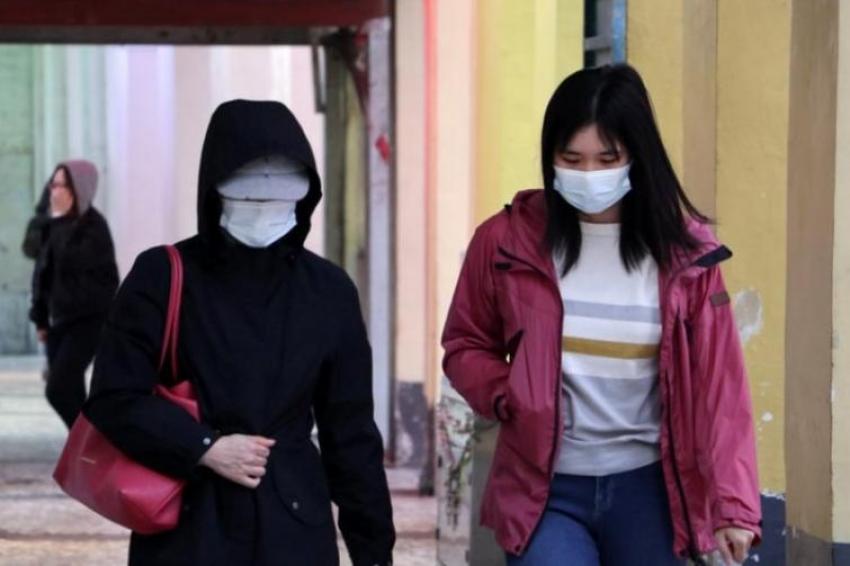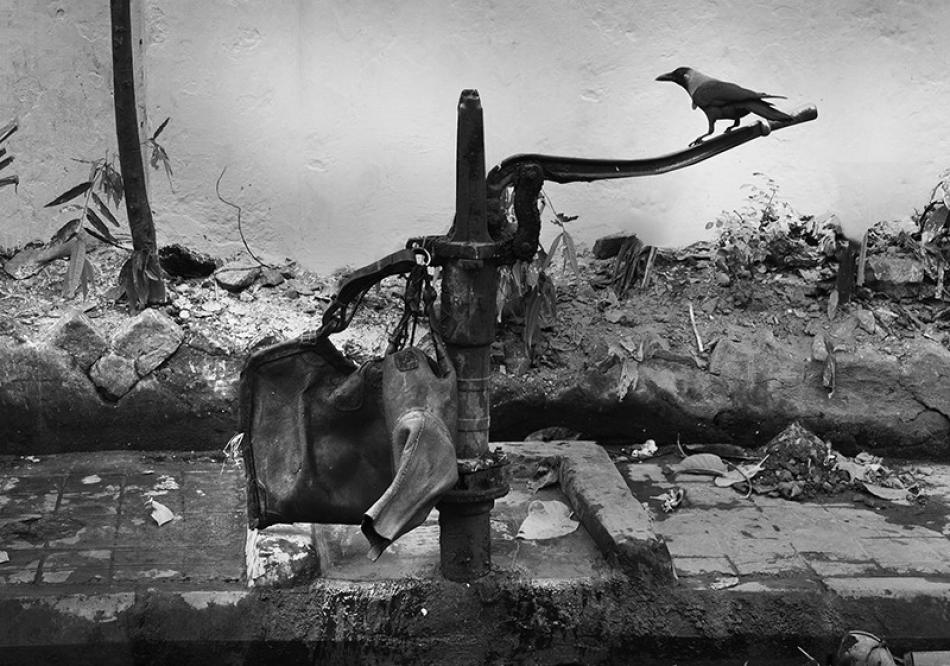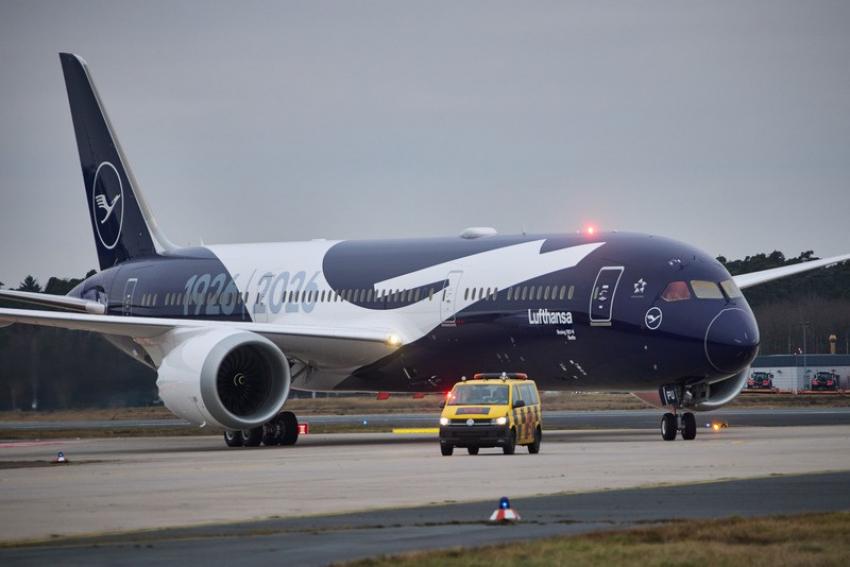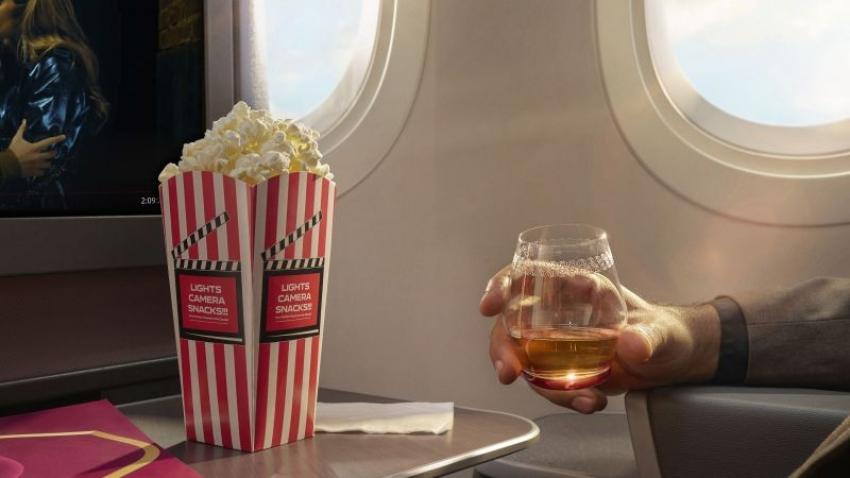NITN | @notintownlive | 19 Mar 2020, 12:04 pm

New York/NITN: Shortly after the outbreak of the 2019 coronavirus disease (COVID-19), UNICEF was among the first United Nations agencies to step up and deliver much-needed medical supplies including masks to China.
UN News spoke to Ms. Luwei Pearson, Acting Director of UNICEF’s Health Programme Division, about the agency’s quick response to the coronavirus outbreak and other issues related to what is now a global pandemic, including its impact on millions of children faced with school closures.
Luwei Pearson: China is not a conventional recipient of UNICEF aid anymore. However, it is a strategic partner. That's why we always pay attention to what happens in China… In light of the lessons learned from the Ebola outbreak in West Africa we are prepared in terms of programmes, planning, supplies, and stockpiling of key commodities to deal with common diseases and threats. This preparedness is really critical to allow for timely action.
UN News: What has UNICEF done to assist China during the COVID-19 outbreak?
Luwei Pearson: It has been challenging. Our initial stockpiles got exhausted very quickly. The needs were suddenly on a global scale. We were not able to source raw materials or continue the production in China. There was a temporary period of running out of key commodities and shortages of gloves, PEPs (post-exposure prophylaxis) and masks. It is getting better. Now with the Chinese manufacturers resuming work, we have reached out to public and private sector companies in China to make special arrangements to get a lot of the essential materials ready for other countries that are facing the outbreak, including the United States and those in Europe. So it's a continuing effort to get our supply chain ready, to get our technical support ready.
UN News: Many schools around the world have closed amid the outbreak. How does UNICEF help to relieve some of the associated stress for both children and parents?
Luwei Pearson: I must admit it has been a learning curve for UNICEF, as well as for the governments in different countries and for the international organizations, including the United Nations. In the beginning, we thought it was a flu-like situation. Nobody anticipated that schools will be closed, factories will be closed, and borders will be closed. Although the mortality rate among children is relatively low, the secondary effect on children, as you mentioned due to school closures, is on their mental and physical well-being.
As early as January, UNICEF – both in China and in New York – worked together to support healthy home learning so that children could continue to interact with others, have a healthy space, and be mindful.
Nobody anticipated that schools will be closed, factories will be closed, and borders will be closed – Acting Director of UNICEF’s Health Programme Division
And we interact with children on social media on how to deal with stress. So it's a really important learning curve. In a recent op-ed, the Director of Education of UNICEF noted that although children are not dying from the disease per se, they are shouldering a lot of the social burden, and that we must be careful to monitor what happens to children due to school closures. What we learned during Ebola was that school closures were not always healthy for children. For many poor children, not going to school, not having access to a safe space during conflict, not having the only available meal of the day that they receive from school – all of these are huge challenges.
UN News: Women are another group that UNICEF is supporting. What sort of assistance are you providing to pregnant women and those who are breastfeeding?
Luwei Pearson: That’s a very important question. We are looking at both the direct effect of the disease as well as indirect. We are looking to collect information on what happens to those babies born to women who have tested positive for COVID-19. How can they safely breastfeed? What is the best way to prevent mother-to-child transmission, if there is such a thing? It is early days and the evidence is not yet clear. A lot of the initial data will come from China, because we had the first outbreak there and China started collecting information earlier.
We’re also looking at the situation of women in light of the children being home from school. Many mothers may be day labourers, who need to go out to earn salaries. So we’re mindful of what it means for them to have children at home. We’re asking the husband, the father, the other family members, and everybody to give additional support to women, because the burden should not just be on their shoulders. It should be shared by all of us.
Luwei Pearson: What we are worried about is that the basics are not in place. What do I mean by basics? - electricity, water to wash hands, water to perform surgery, water to clean the delivery rooms. As I go through many countries in Africa, water in health facilities is not a foregone conclusion. It's not available in the remote areas. UNICEF has been paying a lot of attention to washing in health facilities and washing in schools. We are also supporting basic health care in order to have nurses and midwives train healthcare providers serving in primary healthcare facilities. This is really important not just for everyday health care provision, but for disease outbreaks.
Coronavirus Portal & News Updates
Readers can find information and guidance on the outbreak of the novel coronavirus (2019-nCoV) from the UN, World Health Organization and UN agencies here.For daily news updates from UN News, click here.
Whenever there is a disease outbreak, we come back to talk about the importance of primary health care. But when the disease outbreak is over, we don't spend enough effort and resources to build a primary health care system, either by the government or by the developed partners. We can do a lot better in this area to get the basics right.
UN News: We understand there are a lot of constraints for UNICEF to deliver, like travel bans and border closures. How do these measures impact your work
Luwei Pearson: Children on the move… it's a hot subject, even before COVID-19. There are children moving between countries, crossing borders to safety. The closure of borders certainly will affect families, children on the move, IDPs, refugees and migrants. UNICEF has a special group set up as part of the COVID-19 response to make sure those vulnerable children are not forgotten; they are not stigmatized; and they are protected by the local systems on a humanitarian basis.
UN News: UNICEF has a lot of materials in stock but may have trouble delivering them because of the travel bans and border closures. How will you overcome this challenge?
Luwei Pearson: Our stockpile is getting better this week than last week. This has a lot to do with the resumption of Chinese manufacturers. However, to ship those products, whether it is gloves, PEPs or even oxygen concentrates and essential drugs, we need to make sure that cargo planes are available, and that the air space is open to allow the goods to reach where we want them to go. So the border closures and airline cancellations certainly have an impact for the availability of basic commodities and drugs. We have to continue to work with the governments and authorities as well as the public and private sectors to make sure the production is available, as well as transportation and distribution.
Luwei Pearson: Our Executive Director is really passionate about our mandate to serve everyone woman, every child in the world, 24/7. She travelled a lot last year, and today she did send a message. She said, “I'm working from home instead of traveling to where I should be.” For UNICEF, it’s not just about the COVID-19 response. There are children in war; children affected by diseases such as measles; children who are malnourished; who are not immunized. We have a lot to do. Every one of us is looking at our 2020 work plan and asking the question, what does COVID-19 mean to us? Because we have a lot to deliver, as our donors and our partners expect us to. So we're watching the space while we prioritize the COVID-19 response. We are also mindful of our overall responsibilities in education, in health, in nutrition and child protection and in many other programme areas.
UN News: Anything to add before we wrap up?
Luwei Pearson: Thank you very much. And UNICEF is ready to work with United Nations agencies, with donors, with partners and with every individual to make the world a safer and better place for every child.
(Photo caption and credit: Wang Chen Two women in Shenzhen, China, on their way to work, amid the ongoing coronavirus outbreak)
- Czechia’s 2026 Travel Theme Focuses on Flexible, Experience-Led Journeys
- Dreaming about international travel? Union Budget just made it cheaper!
- Lost Your Indian Passport Abroad? Here’s What You Need to Do
- Tourists may soon check into a Moon hotel for a $1 million stay
- Why Your Hawaii Stay May Cost More After the Latest Tax Hike
- Tomorrowland Comes to Thailand with Its First Historic Asia Festival
- New Year, New Ride: PM Modi to launch first Vande Bharat Sleeper Train this month
- History's Most Dramatic Stories Are Buried in Washington D.C.-Here's Where to Find Them
- How a Winter Train Ride in Northern Norway Brings Travellers Closer to the Arctic Sky
- Ready for India’s first nature-themed airport terminal in Guwahati? PM Modi shares first glimpse
Air India group is showcasing the seat product on Air India’s newly inducted Boeing 787-9 aircraft and Air India Express’ in-flight dining brand, Gourmair, at the Outbound Travel Mart (OTM) 2026. OTM starts 5 February and continues until 7 February 2026 at Jio World Convention, Mumbai.
Berlin: German carrier Lufthansa will add 25 new aircraft to its fleet in 2026 as part of a broader push to improve punctuality and upgrade passenger services, the airline said on Tuesday.
Gurgaon : Air India, India’s leading global airline, has unveiled a completely refreshed beverage collection, one that brings together some of the world’s most celebrated wines and spirits at 35,000 feet on international routes.





